Learn the top 3 reasons to get your Environmental Management System (EMS) certified to ISO 14001—from improving credibility to ensuring compliance and driving sustainability.
One of our previous blogs looked at the advantages of putting an Environmental Management System (EMS) together. ISO 14001 is the international standard for EMS’s, which was updated in September 2015. You can read all about what ISO 14001 is and what the changes were in 2015. This blog is going to discuss why you might consider getting your EMS recognised to ISO 14001.
So you already have an EMS and you’re considering getting it recognised to a known standard. In the UK, ISO 14001 is the most widely recognised and used standard for EMS’s. Getting your EMS recognised is not a cheap process. You will need to find a third party that is UKAS (United Kingdom Accreditation Service) accredited who will assess your system, makes sure it meets the requirements of ISO 14001 and that you have implemented it throughout your organisation. They will then regularly visit you to make sure you are maintaining your system. One of our future blogs will look at what is included in these visits and what outcomes you can expect.
There are over 285,800 organisations that use the standard worldwide (IEMA, 2015), so why would you want to join them? Depending on your business and its goals, your top reason for certifying your EMS to ISO 14001 will be different, but here are our top three reasons.
Competitive Edge
We mentioned this in our blog on why to get an EMS. Having a recognised EMS is even more powerful in terms of giving you a competitive edge. For some of our customers, they first started the journey towards ISO 14001 because it was a customer requirement or they were losing out on tenders because they couldn’t tick the box on the questionnaire. Your customers may ask if you have ISO 14001 because it can put their mind at ease that you manage your environmental risks responsibly and legally. Many companies are now making sure that your EMS is recognised by a UKAS accredited third party. This gives them confirmation that someone is checking you are meeting the requirements of the standard. If you don’t have ISO 14001, your customers may look to your competitors for that peace of mind.
Cost Savings
As you know, having an EMS can help you become more efficient and can lead to savings that way. Your EMS will also help you to identify your legal requirements and identify where you may need to improve to ensure continued compliance, which will lower your environmental risks. For some industries, particularly those with a high risk, having a recognised system can lower your insurance premiums as you have third party verification.
Keeping Focus
You can implement an EMS with the best possible intentions, but sometimes it can fall to the wayside and be forgotten, particularly if other things become a priority. If you have third party verification, you will need to ensure your maintain your systems and continually improve your environmental performance. You will be regularly audited and if you ignore your EMS and don’t follow your policies and procedures, you could put your ISO 14001 certification at risk, which wouldn’t look good to your current and potential customers.
ISO 14001 is the most widely recognised EMS standard and many companies have the certificate for their EMS. There are a number of reasons why companies might get the standard or why they might start working towards the standard. If you have an informal EMS, you might want to think about working towards ISO 14001 and how it would benefit your business.






